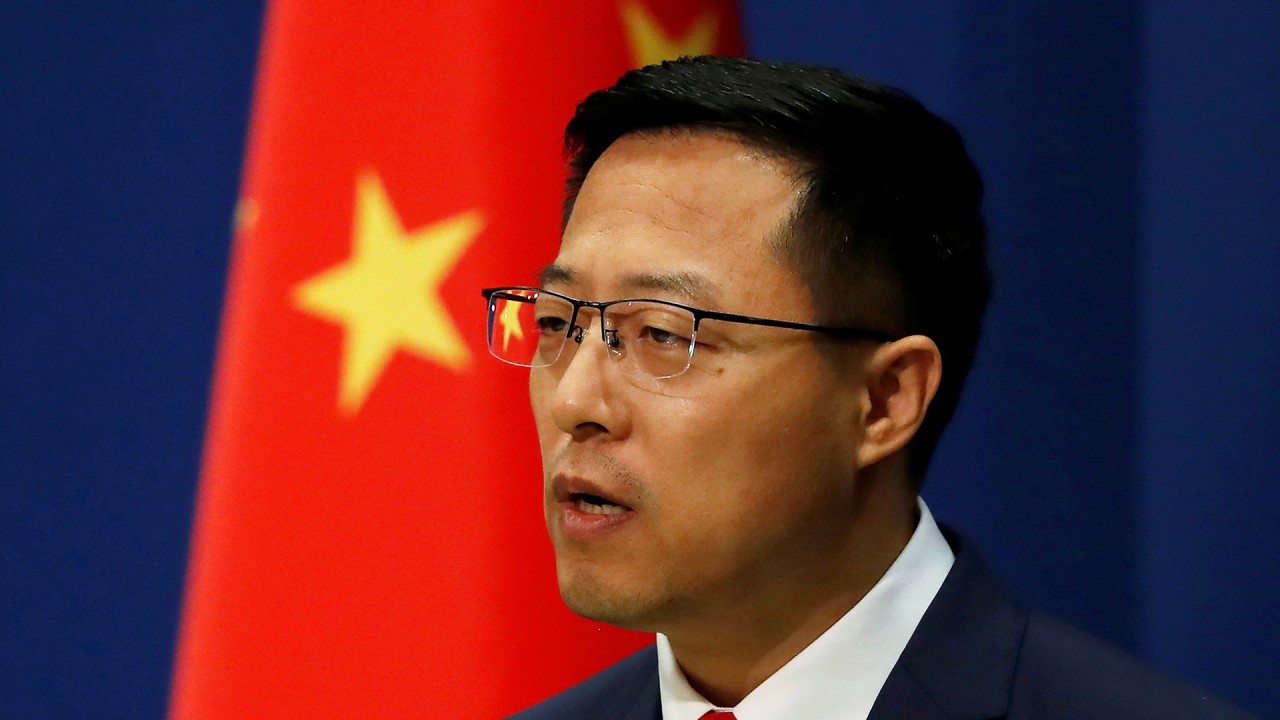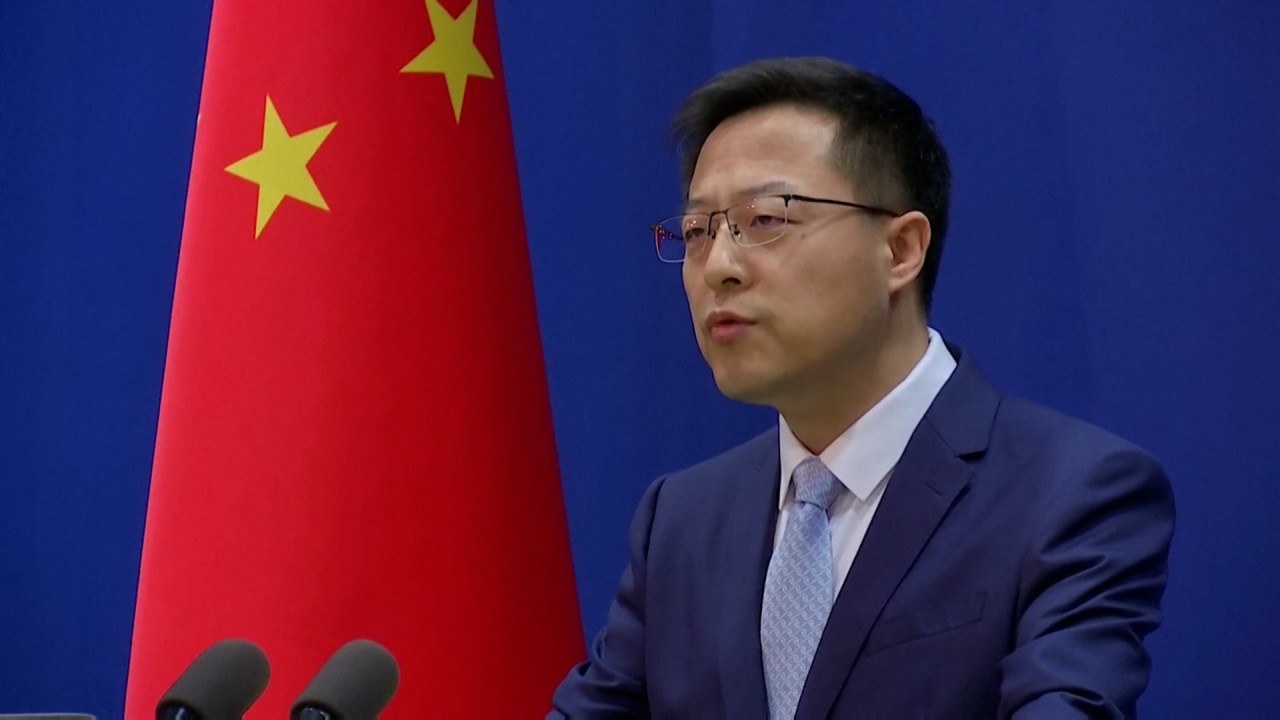
US lawmakers reintroduce bill to revoke China’s trade relations status
- The legislation would require the US president to approve regular trade relations annually
- ‘It’s time to protect American jobs and hold the Chinese Communist Party accountable for their forced labour camps,’ lawmaker says
US Republican lawmakers reintroduced on Thursday a bill that would revoke the permanent normal trading status that Washington has had with Beijing for the past two decades, the latest in a series of efforts by China hawks in Congress to decouple the two countries’ economies.
China's trading status “has supercharged the loss of American manufacturing jobs”, said Cotton. “It’s time to protect American jobs and hold the Chinese Communist Party accountable for their forced labour camps and egregious human rights violations.”
Permanent normal trade relations (PNTR) status was passed by Congress and signed into law by then-president Bill Clinton in 2000, allowing the two sides to align the bilateral trade relationship with the rules of the World Trade Organization (WTO), which China acceded to a few months later.

01:00
US efforts to rally allies against China are ‘useless’, Beijing says on eve of Alaska talks
PNTR makes an easy target since it was originally sold as a way to bring China more in line with political and economic norms that Washington has long advocated for.
Clinton’s secretary of state Madeleine Albright, in pushing for the Senate to vote for the upgraded trade status after the House of Representatives passed it in 2000, said that it was “the right decision for America” and that “China’s WTO accession and the extension of PNTR to China will help lay the groundwork for building a constructive bilateral working relationship in years to come”.
On eve of Alaska talks, China calls out US efforts to rally Asian allies
Five years later, then-deputy secretary of state Robert Zoellick, under Clinton’s successor George W. Bush, famously argued that deepening trade with China, and bringing the country further into the international system, would make Beijing a “responsible stakeholder”.
In the years since, however, Washington became increasingly frustrated with Beijing’s policies on the trade and human rights front, emboldening lawmakers who disagreed with the assertion that economic ties with China would make the country a closer ally.
“I said it 20 years ago and I will say it again: we cannot allow the pursuit of trade to blind us to certain realities about the ruling Communist regime in China,” Inhofe said. “Ending China’s permanent preferential trade relationship will send a strong message to the Chinese Communist Party and will support American workers.”
Secretary of State Antony Blinken and Yang will begin two days of talks in Anchorage, Alaska on Thursday, the first official meeting between senior leaders of the two countries since Biden took office in January. National security adviser Jake Sullivan and China’s Foreign Minister Wang Yi will also be at the meeting.

01:46
China slams US-Japan joint statement
Russian foreign minister to visit China hard on heels of Alaska talks
The oversight board has tried for more than a decade to access the accounting documents of the US-listed Chinese companies, but Chinese laws prohibit them from leaving China or being shared with a foreign institution. The law also requires companies to prove that they are not owned or controlled by a foreign government.
The trade relations bill is not the only China-related legislation to be revived after being washed out at the end of the previous legislative session.

